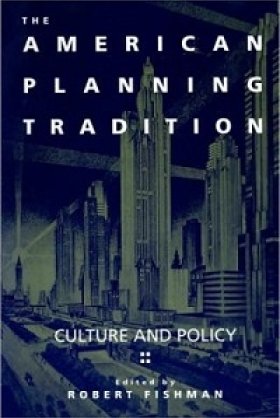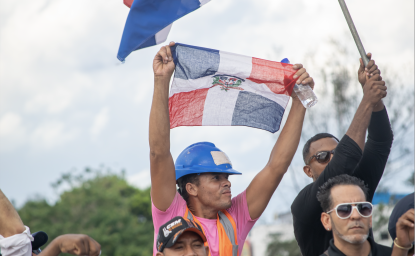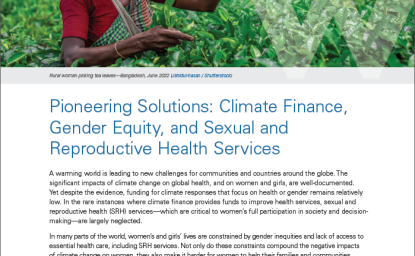The American Planning Tradition: Culture and Policy

-
The past half-century’s radical transformation of American cities and regions has paradoxically stimulated our interest in older forms of cities and renewed our respect for the planning tradition that created them. Today, with everything urban and public perpetually in crisis, we turn attentively toward the figures who shaped our cities and left a magnificent legacy of public spaces, public transit, public parks, public libraries, public schools, public health, and public safety.
The American Planing Tradition reevaluates those planners and their times in a series of essays by some of today’s preeminent urbanists. Their chapters discuss principles proposed for American urban planning and describe recent experiences in New Orleans, Portland, Chicago, and Boston. The contributors are Robert Fishman, John Thomas, Michael J. Lacey, James Westcoat Jr., Alan Brinkley, Margaret Weir, Arnold R. Hirsch, Carl Abbott, Judith A. Martin and Sam Bass Warner Jr., and Anne Whiston Spirn.
Robert Fishman is a professor of history at Rutgers University. He is the author of Bourgeois Utopias: The Rise and Fall of Suburbia and Urban Utopias in the Twentieth Century: Ebenezer Howard, Frank Lloyd Wright, and Le Corbusier. He was a fellow of the Woodrow Wilson Center in 1988–89 and a public policy scholar there in 1999.
Editor
Robert FishmanFormer Public Policy ScholarBrowse Insights & AnalysisExplore More
Browse Insights & Analysis
Beating the Backlash: Can Incremental Approaches Strengthen NGO Responses to Security-Based Migration Policies
Posted date/time:Source: New Security Beat
A Continent of Consequence
Posted date/time:Source: Wilson Quarterly
Demographic Trends Present Risks and Opportunities - Wilson Quarterly Summer 2024
Duration:38:00Posted date/time:
